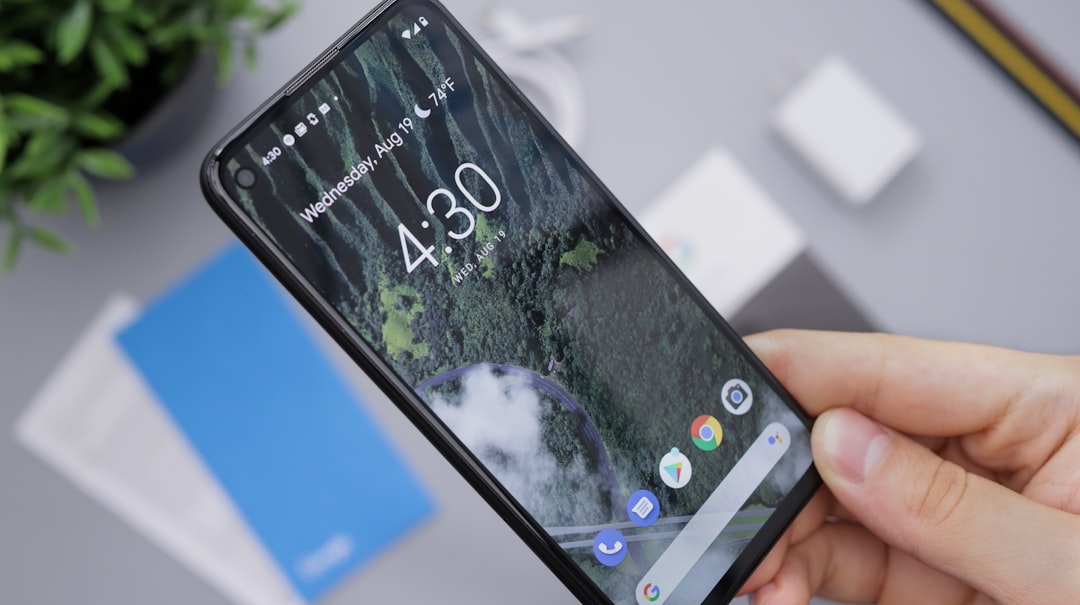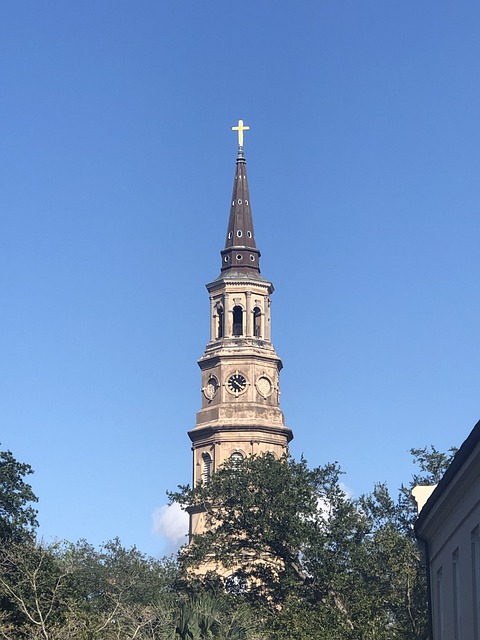Spam calls, especially from telemarketers and fraudsters, have become a significant problem in Greer, South Carolina, disrupting daily life and hindering emergency services. The state has responded with a Spam Call law to combat this issue, encouraging residents to report suspicious calls. An influx of spam calls from local law firms is particularly concerning, as it can delay legitimate 911 callers. South Carolina's Attorney General's Office leads efforts to stop these calls through strict regulations and penalties, while Spam call law firms navigate complex laws and protect affected individuals. A multi-faceted approach involving technology, community awareness, and public engagement is needed to minimize the impact of spam calls on emergency services, ensuring a safer Greer for all residents.
In Greer, South Carolina, the rise of spam calls targeting emergency services has become a pressing issue. This article delves into the pervasive problem of unsolicited phone traffic and its significant impact on local emergency response times. We explore the legal framework surrounding spam calls in SC, including recent regulations. Additionally, we present effective strategies to mitigate this growing concern, emphasizing the crucial role of both individuals and collective action to protect vital emergency services from these disruptive intrusions. Key focus: spam call law firms South Carolina.
Understanding Spam Calls and Their Prevalence in South Carolina

Spam calls, often associated with telemarketing or fraudulent activities, have become a pervasive issue in South Carolina and across the nation. In the context of Greer, these unsolicited phone calls not only disrupt residents’ daily lives but also pose significant challenges to emergency services. What sets spam calls apart is their high volume and automated nature, making it difficult for recipients to discern legitimate emergencies from deceptive attempts.
South Carolina has implemented a Spam Call law to combat this growing problem. This legislation aims to protect citizens from unwanted and harassing phone calls by holding call centers and telemarketers accountable. As a result, residents in Greer are encouraged to be vigilant and report suspicious calls to relevant authorities. Understanding the prevalence and impact of spam calls is crucial in navigating this modern-day enigma and ensuring the integrity of emergency response systems.
The Impact on Emergency Services: A Grew, SC Perspective

In Greer, South Carolina, the surge in spam calls has significantly impacted emergency services, causing a growing concern among local authorities. With an increase in non-emergency inbound calls, legitimate emergency callers might face delays when reaching out to 911. This issue is particularly pressing given that every second counts during critical situations. As a result, local law enforcement and emergency management agencies are working tirelessly to combat this problem.
Spam call law firms operating within South Carolina’s borders contribute to this challenge by generating vast volumes of unsolicited calls, often targeting residents with misleading or aggressive marketing tactics. This not only disrupts the daily lives of Greer citizens but also tests the resilience of their emergency response system. Addressing this issue requires a collaborative effort between regulatory bodies, telephone service providers, and the public to ensure that emergency services remain accessible and efficient for all.
Legal Aspects: Spam Call Regulations and Enforcement in South Carolina

In South Carolina, the Attorney General’s Office is responsible for enforcing laws related to spam calls, including those that target emergency services. The state has implemented strict regulations to combat this issue, with penalties for violators. Spam call law firms in South Carolina play a crucial role in upholding these rules by representing the rights of individuals and organizations affected by unsolicited calls. These legal professionals help navigate the complex web of telecommunications laws and ensure businesses comply with the state’s anti-spam measures.
The state’s approach to spam calls focuses on protecting consumers and vital emergency services. By holding offenders accountable, South Carolina aims to reduce the volume of unwanted calls, especially those disguised as emergency notifications. This proactive stance not only safeguards residents but also streamlines the functioning of emergency response systems by minimizing distractions and false alarms.
Strategies to Mitigate and Prevent Spam Calls Targeting Emergency Services

To mitigate and prevent spam calls targeting emergency services in Greer, several strategies can be employed. One effective approach is to leverage technology that can automatically block or filter such calls. Many modern phone systems come equipped with built-in call blocking features that learn from user reports and dynamic databases to identify and stop spam before it reaches the recipient’s line. Additionally, consumers can install third-party apps designed to combat spam calls, further safeguarding against unwanted intrusions during emergencies.
Another crucial step is raising awareness among the community about the issue and educating them on how to handle spam calls. Local law enforcement agencies and community organizations in South Carolina can play a pivotal role in disseminating information about the impact of spam calls on emergency services and encouraging citizens to report suspicious or recurring calls. By combining technological solutions with public awareness, Greer residents can actively contribute to creating a safer environment where emergency services remain unobstructed by unwanted interruptions.






